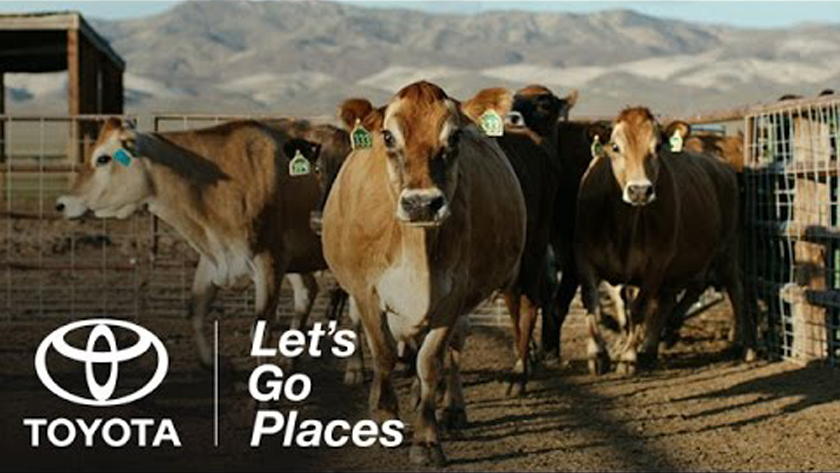Toyota plans to use cows to run electric vehicles
Toyota Motors has been busy laying out new futuristic goals to refresh their motto. With a number of electric vehicle prototypes, weirdly futuristic wheel technologies, and now a plan to use cow poop as a resource for power in future, Toyota is really trying to get ahead in the competition.
The company announced its plans to establish U.S’s first commercial-level 11% renewable energy power plan at the LA Auto Show. The plant is said to use manure collected from a number of dairy farms which will then be processed; its methane will be captured and used to generate electricity, hydrogen (for hydrogen-powered vehicles) and water.
The plant in concern is expected to go online by 2020 and will be located at the Port of Long Beach, one of the bases of operations of Toyota where it is also testing its hydrogen-powered Semi Truck. The company’s projections show that the plant will be able to produce about 2.35 MW of electricity along with over 1.2 tons of hydrogen on a daily basis. This amount of electricity is sufficient to power over 2,300 average-scale homes, and the hydrogen is enough to cater to the daily need of 1,500 vehicles.
According to a publishing in Forbes, the Tri-Gen plant by Toyota will be implementing a vast proportion of the conclusions of a pilot project which is developed by FuelCell Energy, the U.S. Department of Energy, a number of Californian government agencies, and the University of California.
According to Doug Murtha, VP of planning at Toyota North America’s group, the plant is going to one of the most massive efforts made by the company to accomplish its goal of achieving zero CO2 emissions from its operations by 2050 to bring a massive positive change to the environment. Toyota has also reported that there are over 30 hydrogen fuel filling stations in California and the company has a partnership with the multinational oil company Shell to open more stations.


